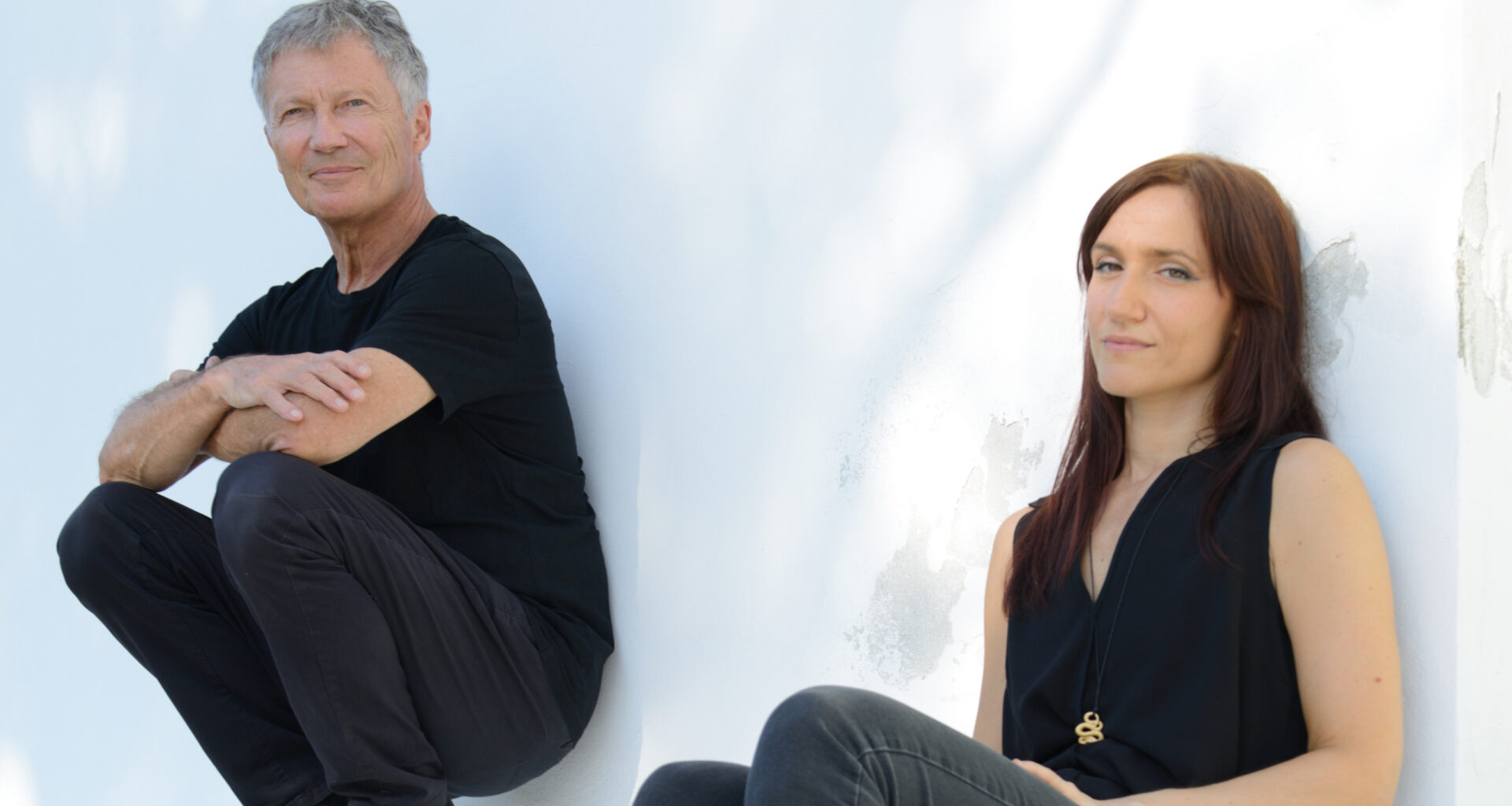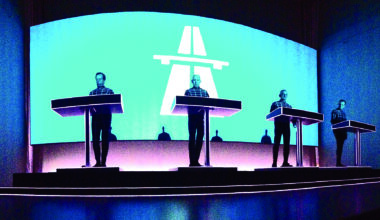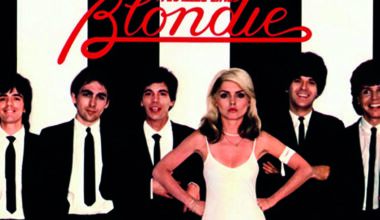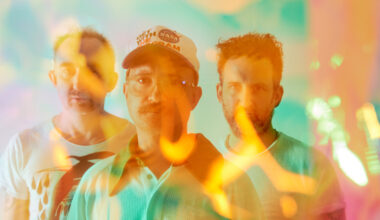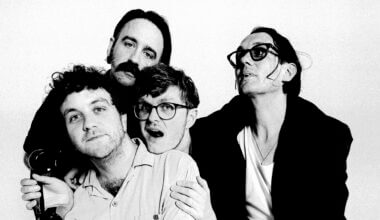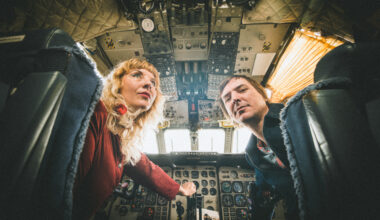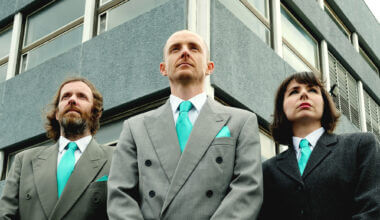Recorded in a Pisa living room rather than his Forst home studio where he’s worked for five decades, ‘As Long As The Light’, Michael Rother’s collaboration with partner Vittoria Maccabruni, fizzes with life
Want to read more?
Sign up to Electronic Sound Premium to gain access to every post, video, special offers, and more. 100%, all you can eat, no commitment, cancel any time.
Already a premium member? Log in here
